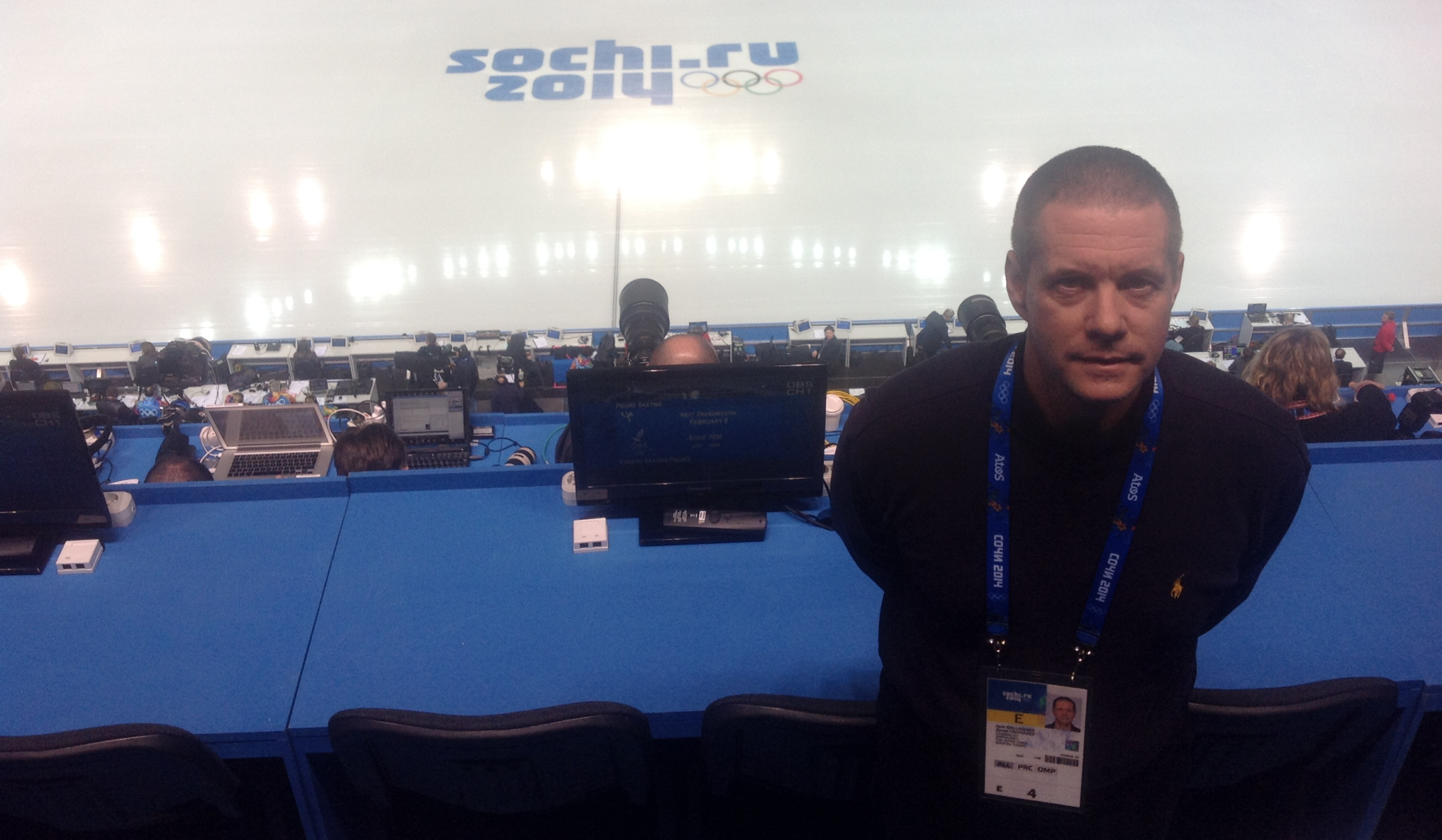NAGANO – Yuzuru Hanyu fashioned another fantastic performance on Saturday night to win his fifth Japan Championship, and first since 2015, by a huge margin at Big Hat arena. The superstar once again rose to the occasion with a scintillating combination of athleticism and artistry that left observers spellbound.
The two-time Olympic champion, who had not competed for 10 months until Friday’s short program, showed the layoff has not affected him in a negative way, as he put forth an inspired effort to “Heaven and Earth” in his free skate. It was vintage Hanyu from start to finish this night before an enraptured crowd.
Hanyu winning total score was 319.36 points, which was nearly 35 points better than Shoma Uno in second place with 284.81. Uno’s four-year reign as Japan champ came to an end with the result.
Yuma Kagiyama took home the bronze medal for the second year in a row with a tally of 278.79.
Hanyu’s masterful skate included four clean quadruple jumps and two beautiful triple axels. He earned level fours on two of his spins, while his step sequence rated a level three.
When you skate like Hanyu did tonight, a scoresheet almost isn’t necessary. Everyone in the building knew they were watching something special. This reminded many of the epic he delivered in the free skate at the 2017 world championships in Helsinki.
“I was disappointed last year, so I’m happy to be able to get revenge,” stated Hanyu, who took second behind Uno last year in Tokyo. “If you’re going to play a game in this situation, you shouldn’t call a coach if you can do it alone. Even though I came alone, he supported me.
“I felt I wasn’t growing last year at the Japan Championships and Grand Prix Final, and that I was tired of fighting if I couldn’t fight,” Hanyu added. “I think I like to overcome the sense of accomplishment and difficulties in the game.”
Hanyu also discussed his thoughts about his new free skate.
“The program of ‘Heaven and Earth’ had a lot of feelings, and I put various feelings into the choreography,” Hanyu noted. “There were quite a few versions done after editing it.”
Uno put forth a spirited showing to “Dancing On My Own” in his bid to become the first man to win five consecutive national crowns since Minoru Sano in the 1976-77 season, but it wasn’t meant to be.
The Olympic silver medalist started strong, landing three clean quads, but on his fourth, a planned quad toe loop/double toe loop combo, he singled the back end. He appeared to tire at this point, and received just a level two for his step sequence, then a level three for his next spin.
“It was tough to see Hanyu this time and to realize that the difference between me and him is greater than I expected,” Uno commented. “However, I was able to reconfirm my goals, and I was happy because I truly thought that it (my free skate) was really amazing.”
Kagiyama, still just 17, made the podium again despite an inconsistent skate to “Avatar” as he continues to position himself for the third spot on Japan’s team for the 2022 Beijing Olympics. He landed three quads, but ran into trouble in the middle of his routine when he notched just a level two on a spin, then doubled a planned triple salchow on the back end of a three-combo jump, and got just a level two on his step sequence.
Kagiyama acknowledged that he has a way to go before reaching the level of his two fellow medalists.
“Hanyu and Uno have set a great goal, which is the final goal,” Kagiyama said. “I hope to practice more and confirm how close we can be by the next time we battle. This time, I was able to skate with various people and it was a lot of fun and inspiring. I want to make use of it in practice.”
Keiji Tanaka (238.83) finished fourth, while Shun Sato (236.52) came in fifth.
The women’s free skate is set for Sunday evening.
Misato Komatsubara and Tim Koleto lead the ice dance following the rhythm dance earlier Saturday. The duo posted a score of 71.74 for their performance.
Kana Muramoto, who suffered a leg injury during the morning practice, and Daisuke Takahashi are in second place with 67.83.

